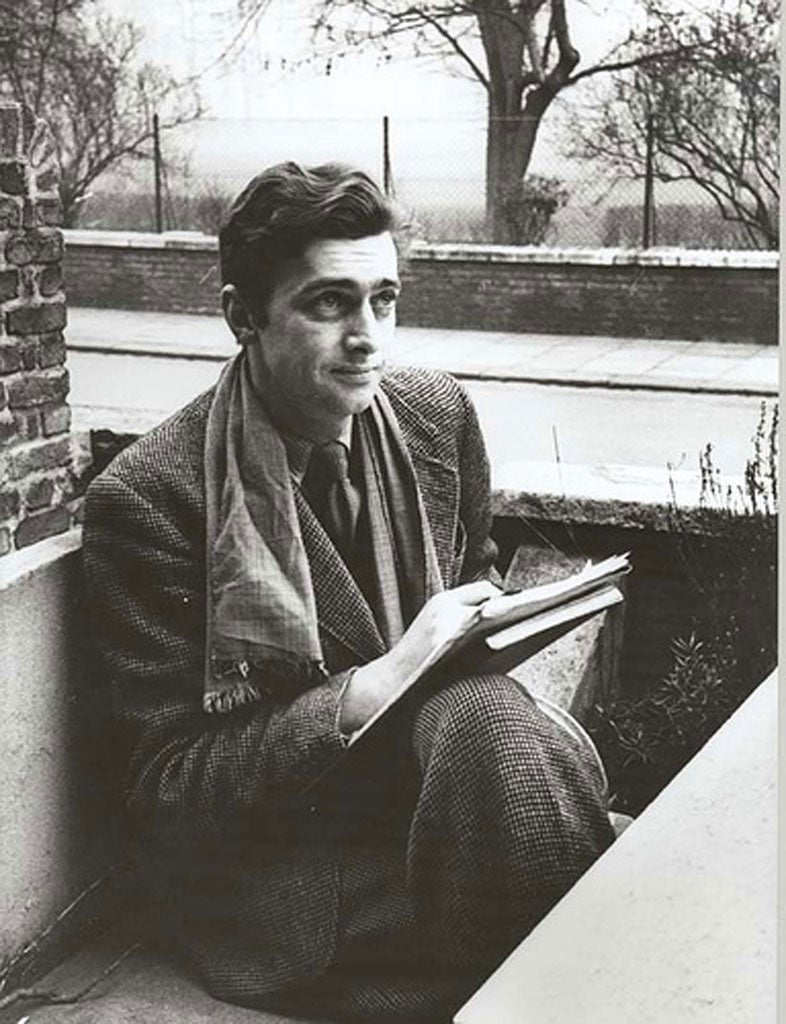Night Thoughts: The Surreal Life of the Poet David Gascoyne, By Robert Fraser

Many know about the death by drowning of WS Gilbert; others are aware that in 1933 Ernest Hemingway, incensed by a review, trashed the Paris bookshop in which he read it. Few could point to these incidents' one degree of separation. Such surprises regularly punctuate the soberly engrossing chronicle which Robert Fraser has created around the life of a poet whose modest fame has burned steadily, almost brightly, since his Thirties emergence as a teenage prodigy.
Born (in 1916) into a family where his father's office life proved as fraught as his wife's stage ambitions, David Gascoyne would have learnt that, as a girl, his mother had been in the water when Gilbert swam out to save her friend and met his own end. No sooner had Gascoyne's peripatetic childhood brought him to Salisbury than this tall, elegant boy was in the Cathedral choir – and performed Elgar, in the composer's presence. Prose and poetry came readily to him, and he published, at 19, an enduring study of the Surrealism which inspired him in Paris - where he met Hemingway the day before the novelist's mood soured.
A co-organiser of the famous 1936 Surrealism exhibition in London, self-educated Gascoyne moved in literary and artistic circles with a certain charming diffidence born of precarious sexuality and finances – and persistent recourse to off-the-shelf Benzedrine. One lover, he later learned, had died in Auschwitz. His own war was spent touring England in farces (Michael Redgrave a hopeless amatory quest) before many returns to France. As his poems turned from Surrealist to Apocalyptic, accumulated angst brought a first asylum sojourn and worsened as his mother ailed.
Intermittently stable, he moved to the Isle of Wight, only to be incarcerated again. One day came a visitor, Judy Lewis, who had recently ushered Bob Dylan around a festival there. She read patients poetry as a salve, including a poem by Gascoyne, who stood up and announced that he was Gascoyne. She assumed this was a tall's man Napoleon complex. That muddle sorted out, they married, and he was to enjoy an Eighties renaissance.
Fraser's biography is a marvellous evocation which sets such sensational events – even an appearance in the Spanish Civil War - in an emotional and intellectual context, from hopeless fumblings with Antonia White to a private performance by Bartok contrasting with a glimpse of Stravinsky as "a little fencing-master spy". There is illumination at every turn. Read Gascoyne's short lyric "Snow in Europe" – "the warring flags hang colourless a while" – and you will be charmed into exploring a writer given due dignity by Fraser.
Join our commenting forum
Join thought-provoking conversations, follow other Independent readers and see their replies
Comments
Bookmark popover
Removed from bookmarks